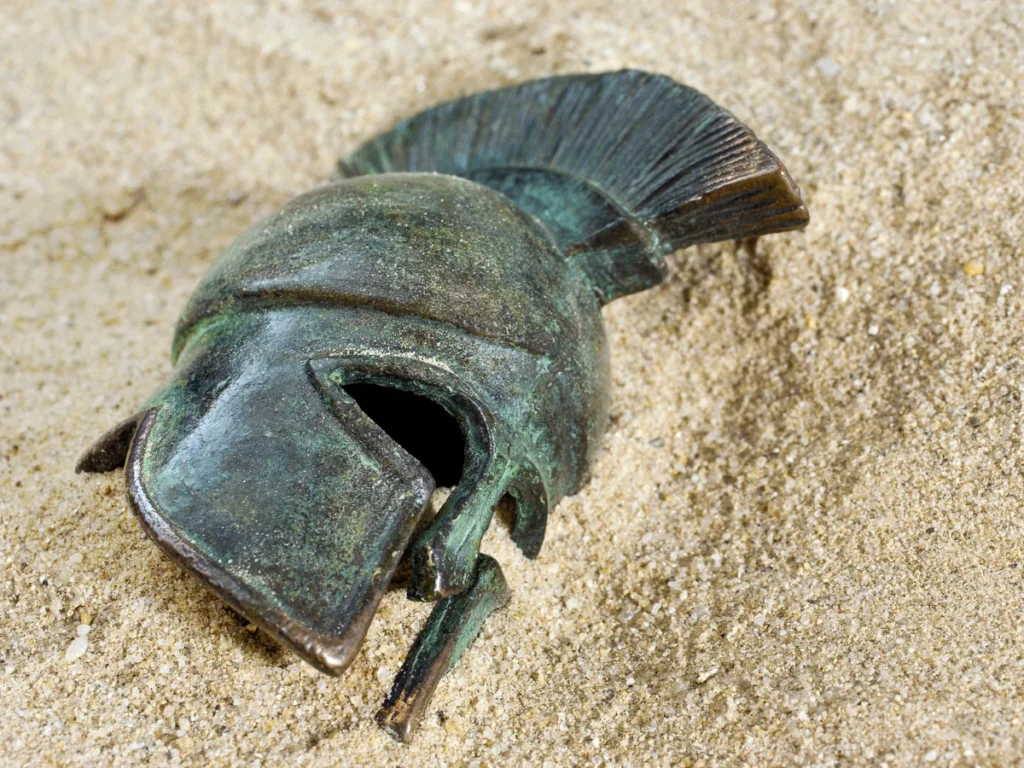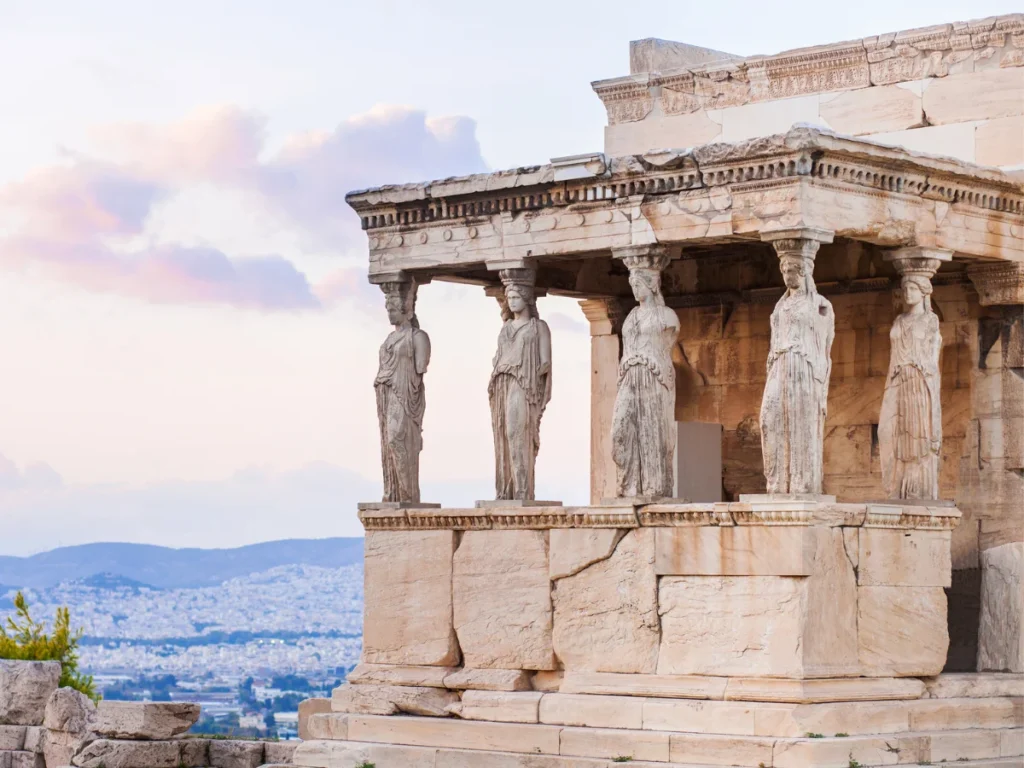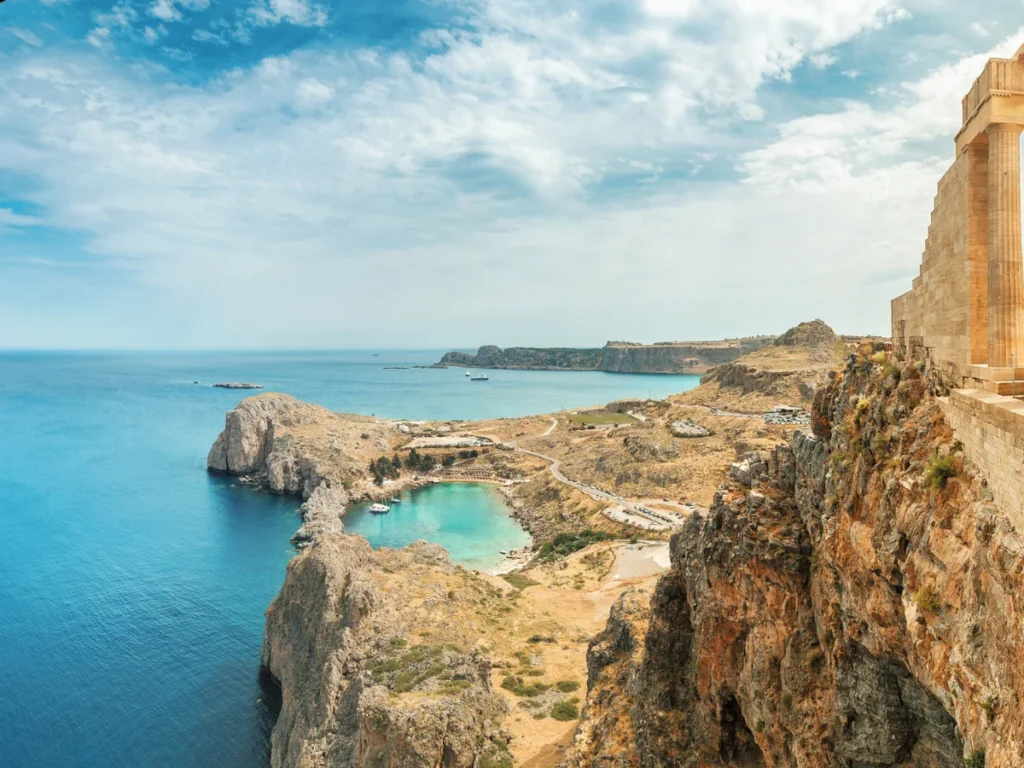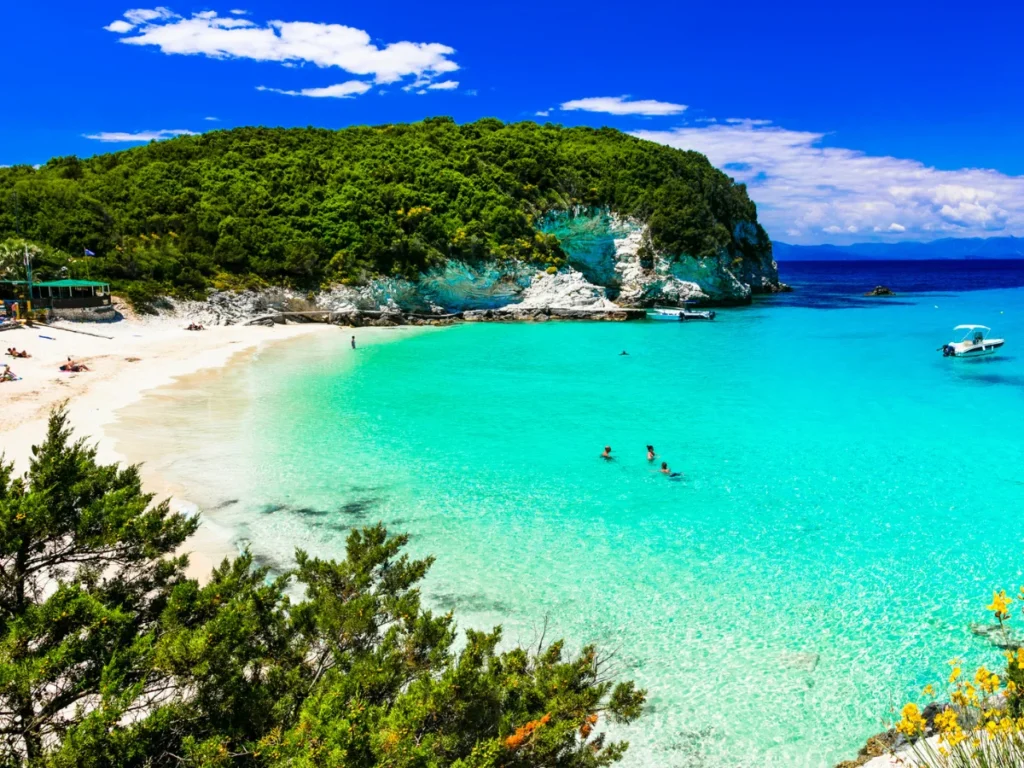Patroclus was a key figure in the Trojan war
Patroclus was a key figure in the Trojan War, renowned for his unwavering friendship with Achilles. Hailing from Thessaly, he donned Achilles’ armor to boost Greek morale when Achilles withdrew. Leading the Myrmidons, he struck fear into the Trojans and reclaimed Greek territories. Tragically, he fell to Hector, spurring Achilles to return and avenge his friend’s death. Patroclus’s legacy epitomizes the human cost of war and the enduring power of friendship in ancient Greek mythology.

Patroclus, a key figure in the Trojan war
The story of Patroclus, a prominent character in Greek mythology and the Trojan War, is one of valor, friendship, and tragic sacrifice. Patroclus played a crucial role in the epic conflict, leaving a lasting impact on both the war and the Greek heroes who fought alongside him.
Early Life and Friendship with Achilles
Patroclus hailed from Opus in Thessaly and was not a demigod like some of his comrades. He was known for his intelligence, bravery, and unwavering loyalty to his close friend Achilles. Their friendship was so profound that they were often regarded as soulmates, their bond surpassing that of brothers.
Achilles’ Withdrawal from the War
The Trojan War, sparked by Paris’s abduction of Helen, saw Greece’s finest warriors, including Achilles and Patroclus, united against the city of Troy. However, when Agamemnon, the Greek commander, offended Achilles, the hero withdrew from battle in anger. This withdrawal left the Greeks without their greatest warrior.
Patroclus’s Heroic Decision
Fearing the Greek army’s deteriorating morale and the Trojans gaining the upper hand, Patroclus made a bold decision. He approached Achilles and, with his friend’s consent, donned Achilles’ armor to lead the Myrmidons, Achilles’ loyal troops, back into battle. Patroclus aimed to boost the Greek forces’ spirits and strike fear into the Trojans, posing as Achilles himself.
Patroclus’s Impact on the Battlefield
Under Patroclus’s leadership, the Greeks experienced a resurgence. His presence, cloaked in Achilles’ armor, sent shockwaves through the Trojan ranks. Many Trojans believed Achilles had returned to the battlefield, causing panic among their forces. Patroclus’s leadership and valor led to the recapture of important Greek territories and the death of several Trojan warriors.
Tragic Fate at Hector’s Hands
As Patroclus’s prowess became evident, he encountered the Trojan prince Hector, a formidable warrior. Their fierce battle ended tragically when Hector struck a fatal blow to Patroclus, leading to his death on the battlefield. News of Patroclus’s death reached Achilles, who was devastated by the loss of his dearest friend.
Achilles’ Return and Vengeance
Learning of Patroclus’s death, Achilles was consumed by grief and rage. He vowed vengeance against Hector and returned to the war, leading to Hector’s eventual death. Achilles’s reentry into the conflict played a pivotal role in the eventual fall of Troy.
Legacy of Patroclus
Patroclus’s story is a testament to friendship, loyalty, and the sacrifices made during times of war. His death profoundly impacted Achilles and the outcome of the Trojan War, highlighting the personal and emotional toll of epic conflicts. Patroclus’s heroism is remembered as a crucial chapter in the ancient Greek epic, serving as a poignant reminder of the human cost of war.
More History

The Gymnopaedia was a celebrated festival
The Gymnopaedia, a renowned festival in ancient Greece, featured athletic competitions, music, and dance. It celebrated physical prowess and cultural arts, showcasing the rich tapestry of Greek traditions and talents.

The marriage of Hephaestus and Aphrodite
The marriage of Hephaestus and Aphrodite, an intriguing tale from Greek mythology, highlighted the contrast between the god of craftsmanship and the goddess of love, showcasing the complexities of divine relationships.

Greece’s relationship with the sea is profound
Greece’s profound connection with the sea permeates its history and culture. From ancient seafaring civilizations to modern coastal lifestyles, the sea has been an enduring source of sustenance, inspiration, and identity.
